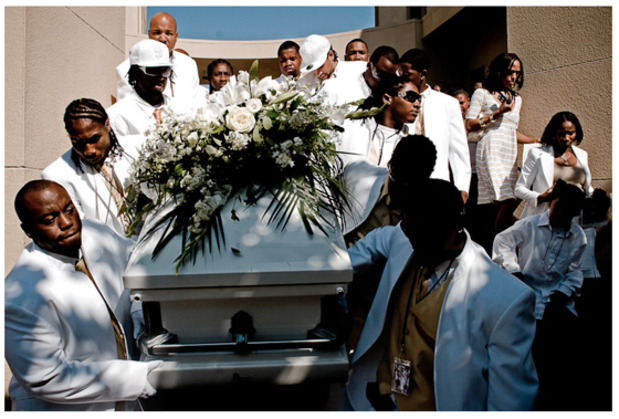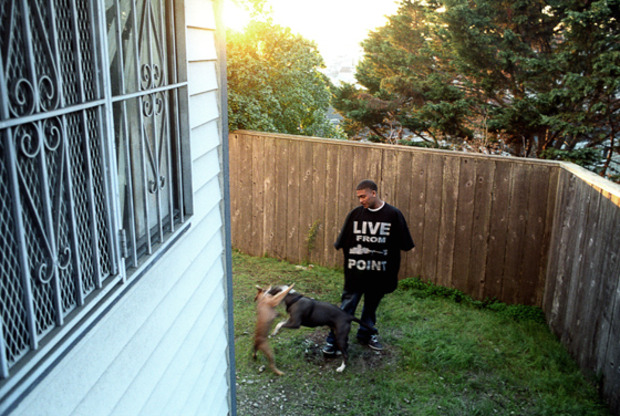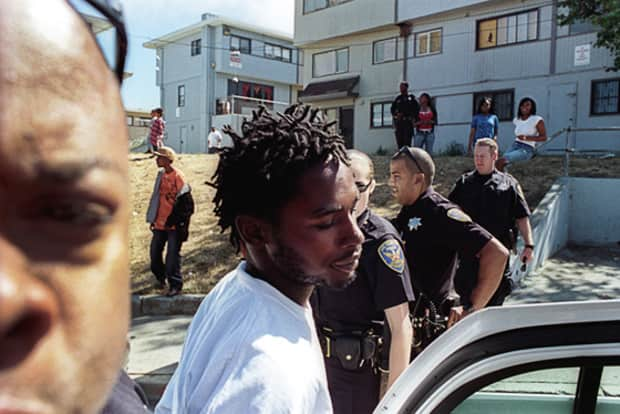In conjunction with our annual photo issue, we are publishing photo essays of long term, in-progress, personal work by contributing FADER photographers about the people and changing landscape of America. More photos from FADER contributor Alex Welsh’s “Hunter's Point,” along with his personal statement about the project are after the jump.
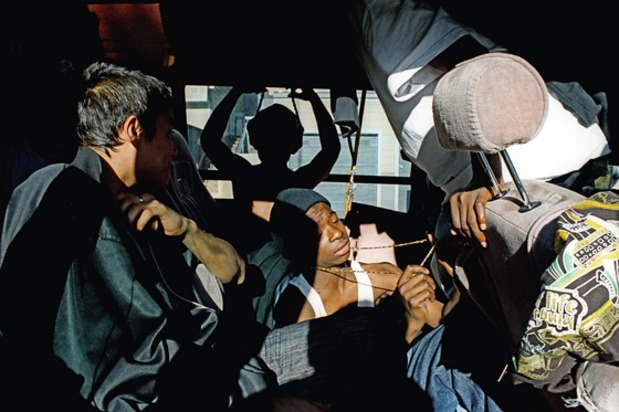
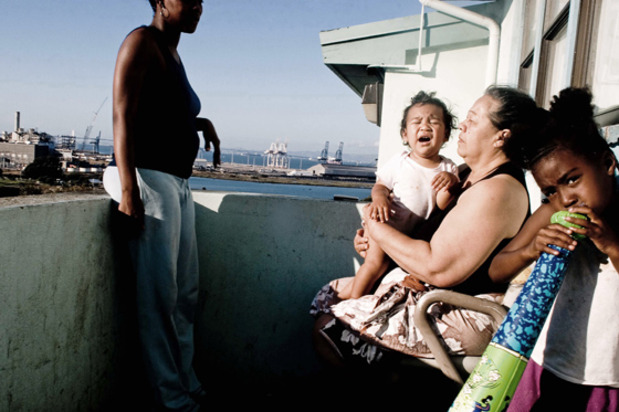
Pampas grass shoots from the dilapidated blue and yellow housing units sprawled out in front of a desolate shipyard, and as the sun sets, kids weave through buildings scattered with seemingly endless boarded up windows and doors. Hunters Point is home to the last predominantly African-American community in the city of San Francisco. Formed during World War II when blacks from the south migrated to the city for wartime work on its Naval Shipyard, today Hunters Point largely consists of public housing for some of the city’s poorest residents. The city’s government, along with several private developers, has invested millions of dollar into the ‘revitalization’ of the waterfront neighborhood, which could change the face of the community forever.
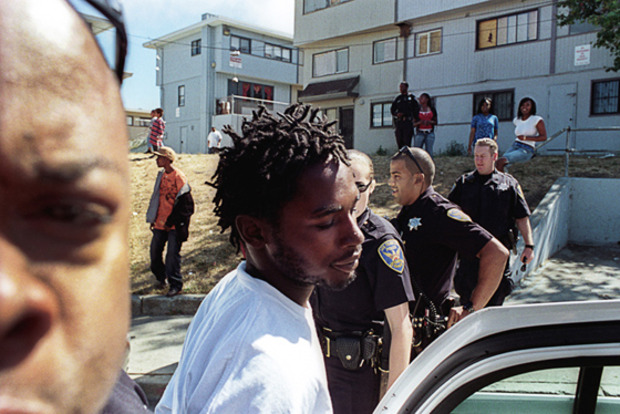
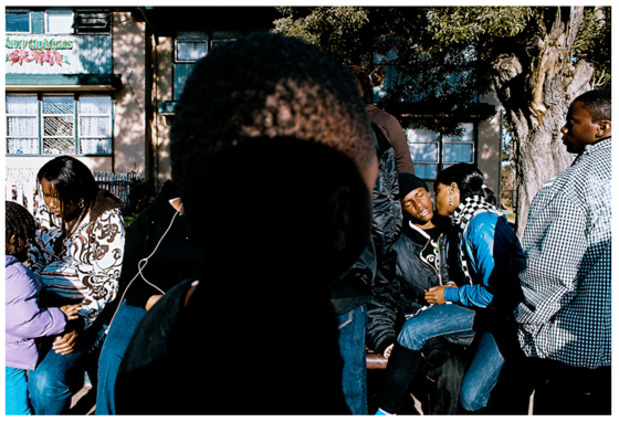
When I first walked into the neighborhood almost two years ago, I couldn’t believe that in a supposedly progressive city like San Francisco, people lived in such horrible conditions and that the city’s solution to urban blight was mass demolition and eviction of the public housing communities. When I started my project there, I kept my goal simple: to document life in the neighborhood as the community that has lived there for generations steadily vanishes. At first I had a hard time, people were very closed off, and I was often threatened by the kids on the block who thought I was police, but after continually coming back to work, people began to realize I wasn’t a threat. I had a wide range of subjects open up to me, whether it was a family who had a loved one murdered, two young sisters raising kids on welfare and trying to find work at the same time, rappers selling drugs on the block to make money for mix tapes, or a young man who ran in the violent streets struggling with the anger of his older brother’s murder, to me, these were all characters that helped tell a larger story of the community’s long struggle with marginalization and the lack of opportunity and hope.
